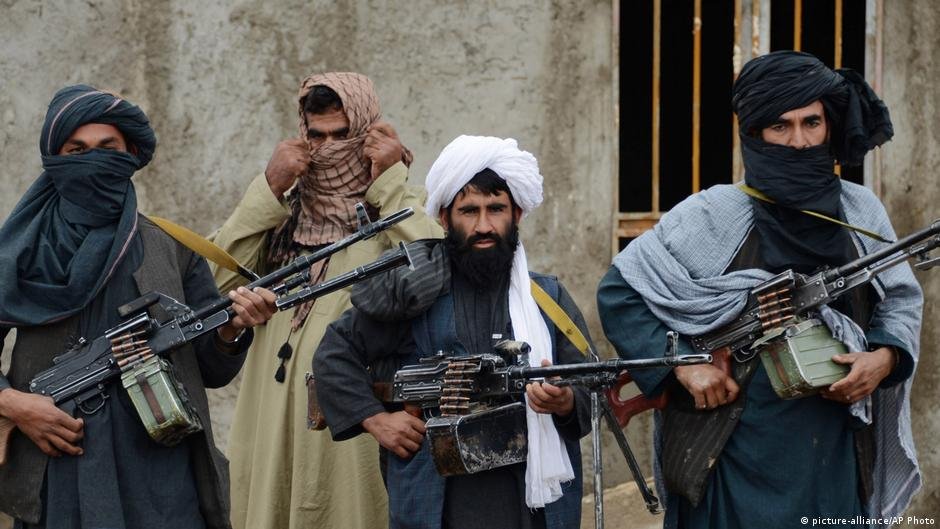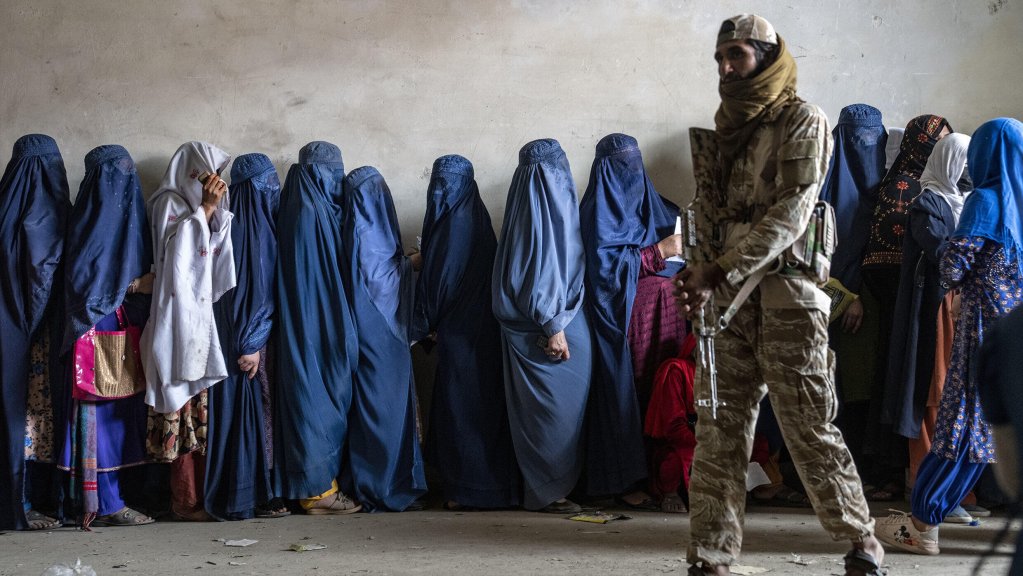The European Court of Justice (ECJ) in Luxembourg issued a ruling that potentially being exposed to a family blood feud in another country alone was not sufficient grounds for being granted asylum or any other form of protection in Europe. However, the ruling risks clashing with other ECJ judgments on related matters.
The European Court of Justice (ECJ) case was brought in response to a number of legal questions of how European law had to be applied posed by the Austrian Administrative Court.
The Luxembourg court decided that in order to be recognized as someone in need of protection in the EU, a candidate must meet certain requirements, which include having to fear persecution in their country of origin because of their race, nationality, political beliefs, religion or because they belong to a certain social group that is under threat.
To qualify for the latter, the decisive factor, the ECJ ruled, is an assessment of whether a particular group is regarded as different by society in the country of origin — primarily due to social, moral or legal norms.

The ECJ ruled that members of a family involved in a property dispute or similar disagreements do not qualify under those terms and therefore cannot be regarded as members of such a social group for this reason alone.
"[A]n applicant for international protection targeted by a blood feud in his or her country of origin because of his or her status as a member of a family involved in a property dispute may not, for that reason alone, be regarded as belonging to a 'particular social group' within the meaning of that provision," the ruling concluded.
A made-up blood feud?
The particular case pursued by the Austrian authorities involves an Afghan national who had applied for asylum in the country after arriving there in 2015, arguing that he could be subject to a blood feud if he were to return to his country.
He explained that his father and a brother had already been killed in a dispute over a plot of land by cousins, and said that they were also trying to kill him.
Austria's Federal Office for Immigration and Asylum had rejected that application in June 2017 and issued a return order to Afghanistan on the premise that the plaintiff's story was deemed to have been fabricated, and that he had only come to Austria to pursue economic and social advancement.
Read AlsoAustria's new coalition takes hard stance on migration
Case now deferred back to Austrian courts
The ECJ said that belonging to a particular family was not deemed to be an 'innate characteristic' or 'distinct identity' mark in this case — unlike an earlier decision issued by the Luxembourg court which said that women from Afghanistan could be granted protection solely on the grounds of being female, as they suffered persecution and violations due to the innate characteristic of their gender.

Neither the ECJ ruling includes, nor do the Austrian authorities propose, to date, any concrete alternative recommendations on how to ensure the man's safety moving forward, nor is there any information on whether he is subject to deportation for any other reason.
The ECJ pointed out, however, that if Austrian authorities decide to refuse the applicant refugee status at their discretion, they would have to examine from scratch whether the applicant is entitled to subsidiary protection instead.
Read AlsoEU top court rules Afghan women are a persecuted group
Ten years in Austria
Since the Afghan national in question arrived in Austria almost ten years ago, he might therefore qualify for some form of legal status solely on the basis of his long stay in the country, if there are no other impairments in the way — such as a criminal record.
Furthermore, the overall situation in Afghanistan has considerably worsened since the violent takeover of the country by the Taliban in 2021. This could also affect any legal judgements if his case were to be reconsidered.
In a completely unrelated ruling a year ago, the ECJ decided that individuals in the EU can obtain refugee (or subsidiary protection) status in cases where the basis for the claim is the fact that aggravating events occurred since the asylum-seeker left their country of origin, making it difficult, or impossible, for them to now return.
with AFP
